Can You Use Body Wash on Your Hair? When yourself in the shower and you’re out of shampoo. In that moment of panic, reaching for body wash might seem like a quick fix. But is it okay to use body wash on your hair? Let’s explore what happens when you use body wash in your hair, how it compares to shampoo, and alternatives to consider.
Table of Contents
ToggleBody Wash vs. Shampoo: The Key Differences
The main difference between body wash and shampoo lies in their formulation. Shampoos are designed with your scalp and hair in mind, containing ingredients specifically meant to remove dirt, oil, and product buildup from hair strands without stripping away natural oils. Body washes, on the other hand, are crafted for the skin, which has different pH levels and needs compared to hair and scalp.
The biggest difference is that shampoo maintains your hair’s natural moisture balance without over-drying or making it oily, while body wash can strip natural oils from your hair.

What Happens If You Use Body Wash in Your Hair?
When you use body wash in place of shampoo, it may not seem like a big deal at first, especially if it’s a one-time event. However, if done regularly, several issues can arise:
- Dry Hair and Scalp
- Residue Buildup
- pH Imbalance
Hard water contains high levels of minerals like calcium and magnesium, which can build up on your hair over time, making it feel limp, stringy, and frizzy.
This table highlights the most common ingredients that overlap between body wash and shampoo. These ingredients often serve multiple functions, such as cleansing, moisturizing, and conditioning.
| Ingredient | Role | Found in |
|---|
| Sodium Lauryl Sulfate (SLS) | Strong cleansing agent, creates lather | Shampoo, Body Wash |
| Sodium Laureth Sulfate (SLES) | Milder surfactant, foaming agent | Shampoo, Body Wash |
| Cocamidopropyl Betaine | Gentle surfactant, helps foam and clean | Shampoo, Body Wash |
| Decyl Glucoside | Plant-based surfactant, gentle cleansing | Sulfate-Free Shampoo, Body Wash |
| Glycerin | Humectant, helps retain moisture | Shampoo, Body Wash |
| Propylene Glycol | Humectant, locks in moisture | Shampoo, Body Wash |
| Panthenol (Provitamin B5) | Moisturizer, hydrates and smooths skin and hair | Shampoo, Body Wash |
| Dimethicone | Silicone-based conditioning agent, smooths and softens hair | Shampoo, Body Wash |
| Polyquaternium-7 | Conditioning agent, provides smoothness | Shampoo, Body Wash |
| Behentrimonium Chloride | Conditioning agent, detangles and softens hair | Shampoo, Body Wash |
| Tetrasodium EDTA | Chelating agent, removes mineral buildup from hard water | Shampoo, Body Wash |
| Fragrance | Provides scent to the product | Shampoo, Body Wash |
| Methylparaben/Propylparaben | Preservatives, prevent microbial growth | Shampoo, Body Wash |
Tetrasodium EDTA is a common ingredient in both shampoos and body washes to help combat the effects of hard water. It’s a chelating agent, which means it binds to the minerals in hard water and helps remove them from the hair. This can reduce mineral buildup, improving the hair’s texture and appearance.
Why Hard Water Impacts Curly Hair
Curly hair is more porous than straight hair, which means it absorbs more of the minerals from hard water. Over time, this buildup can weigh curls down, making them look limp and lifeless. Additionally, hard water can make the hair feel dry and cause frizz because it prevents moisture from penetrating the hair shaft properly.
Body Wash with Tetrasodium EDTA
While your body wash contains Tetrasodium EDTA, it may not be as effective as a chelating shampoo specifically formulated to remove hard water buildup. Body washes might not have the right balance of cleansing agents or pH to restore hair’s moisture balance or effectively deal with buildup.
Chelating Shampoos for Curly Hair
Using a chelating shampoo occasionally, especially one with Tetrasodium EDTA, can help remove mineral buildup from hard water, restoring the natural bounce and moisture to your curls. Look for products that are sulfate-free and formulated for curly or textured hair to maintain your hair’s health and prevent dryness.
You might also consider using a shower filter to help reduce the effects of hard water or following up your wash with a clarifying rinse, like an apple cider vinegar rinse, to help restore your hair’s pH and remove any remaining mineral deposits.
Clarifying Washes and TikTok Trends
That TikTok trend of people washing their hair with Summer’s Eve is a funny example of how things that aren’t meant for your hair can sometimes create surprising results! Sulfates are present in many cleansing products (including some body washes), and can be super effective at removing buildup like silicones and heavy oils from hair. If someone’s hair is loaded with silicones or styling products, a sulfate-rich product can strip all that out, which might temporarily reveal a different texture or wave in the hair. Sulfates can be harsh in the long term and dry out the hair by removing its natural moisture.
Silicones: Instant Gratification vs. Long-Term Damage
Silicones in body wash or hair products can make hair look smooth and shiny right after washing because they coat the hair strands, sealing in any moisture. This gives a temporary softening and shine, which is why body wash with silicone might have made your hair feel good initially. But over time, this coating can prevent any moisture from penetrating, leaving your hair dry, brittle, and prone to buildup. That’s where you’d need a clarifying shampoo to remove the silicone and give your hair a fresh start.
Sulfates and Parabens: Why People Avoid Them
The trend towards sulfate-free and paraben-free products is huge right now, and for good reason. Sulfates (like sodium lauryl sulfate) are powerful detergents that strip oils from your hair. This is why people with curly, wavy, or textured hair, who need more moisture retention, tend to go for sulfate-free shampoos. Similarly, parabens are preservatives that some avoid due to potential health concerns, though the science is mixed. What’s important is that these ingredients, while effective at cleaning and preserving products, may not be ideal for maintaining your hair’s health and moisture balance, particularly if you have dry or curly hair.
- Sulfate-free products allow your hair to retain more natural oils, which is key for those with naturally dry or curly hair that can easily get frizzy or limp due to moisture loss.
- Paraben-free products avoid certain preservatives, appealing to those looking for cleaner, more natural ingredients.
Silicone-Free Alternatives and Lifestyle Choices
When it comes to silicone-free products, there are so many organic and natural brands that focus on hair health without using synthetic materials. These products can leave your hair in a more natural state that feels healthier in the long term, but as you said, some people find their hair doesn’t always look or feel as nice without silicones or sulfates. For many, natural products don’t always support the style or texture they desire.
You made an excellent point that it’s all about finding what works best for your hair, lifestyle, and budget. Some people might be fine with a little synthetic help (like high-quality silicones) to get the look they want, while others prefer to keep their hair routine as natural as possible.
Someone Dove Body Wash Experience
It makes sense that the Dove body wash probably contains silicones or additional oils meant to make the skin feel soft, which transferred to your hair and gave you that instant softness. Over time, this can lead to buildup, and it’s not necessarily bad—just something you’ll need to manage with clarifying shampoos.
If you enjoyed the effect of the body wash but want to avoid long-term buildup, researching brands that use better-quality silicones might be a great next step. Pairing that with a clarifying wash every few washes is a smart approach to keep your hair clean and buildup-free.
READ MORE: How to Properly Wash Your Hair: A Step-by-Step Guide for Healthy, Shiny Locks
How Often Should You Wash Your Hair? A Comprehensive Guide to All Hair Types
“Itchy Scalp Explained: Understanding the Causes and Finding Relief”
Organic Trends vs. Synthetic Products
There’s a growing trend toward using natural and ocean-safe products, which align with eco-consciousness. Organic salons and brands are popping up everywhere, promoting products free from harmful chemicals, sulfates, and parabens. However, not every one’s hair thrives with natural products, and some hair types need a little synthetic help for optimal styling and texture. It’s important to stay realistic, as you said—not every product will work the same for every hair type, and there’s no shame in using what makes your hair feel and look good!
Alternatives When You Run Out of Shampoo
If you’ve run out of shampoo, don’t worry! There are alternatives that you can use temporarily, and some might even surprise you.
- Conditioner-Only Wash: If you have hair one cleanser and conditioner, this product doubles as a gentle shampoo. Some people find using conditioner alone, also known as “co-washing,” can help cleanse hair without stripping natural oils.
- Oil of Olay Shampoo and Conditioner: A moisturizing alternative, this could be a good stand-in if you’re looking for something that provides nourishment along with cleaning.
- True Cider Shampoo and Body Wash: There are several dual-purpose products like this on the market. Designed to cleanse both hair and body, they can be great for travel or when you’re in a pinch.
- DIY Shampoo Alternatives: If you’re into natural solutions, ingredients like apple cider vinegar or baking soda (in moderation) can work as temporary cleansing agents.
Final Thoughts
Body Wash is not for Your Hair. Organic treatments therefore can be great when it comes to healthy hair in the long run but one may not get the instant results they used to get with conventional synthetic products such as silicon and sulfates. It is more of striking the correct balance on the kind of hair one has, and the specific kind of styling that one requires to suit his or her personality. And if you have a liking for a specific kind of product but see some collection? Maybe it is time to dive into a basin full of water, add some shampoo, and set things right with a clarifying shampoo.
Frequently Asked Questions
Can You Use Dove Soap to Wash Your Hair?
While Dove soap is gentle on the skin, it’s not formulated for the delicate balance of your hair and scalp. Using it occasionally might not cause major harm, but regular use could result in dry and rough hair.
Can You Use Men’s Body Wash and Shampoo 2-in-1 Products?
Many men’s grooming products come as 3-in-1 body wash, shampoo, and conditioner. While convenient, these products are often formulated with harsher ingredients that may not provide the best care for your hair in the long term, particularly if you have sensitive skin or scalp issues.
Can You Use Shampoo as Shower Gel?
The reverse question is also common. Can you use shampoo on your body? Yes, you can, but it’s not ideal. Shampoo is made to cleanse the hair and scalp, and it might not provide the same moisturizing benefits or protection that a good body wash offers for the skin.

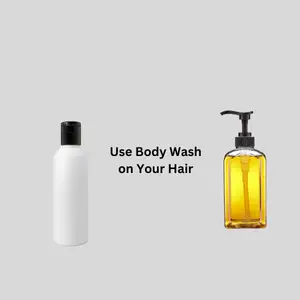

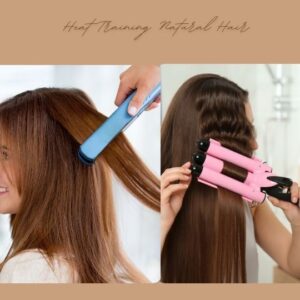



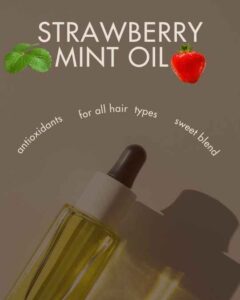

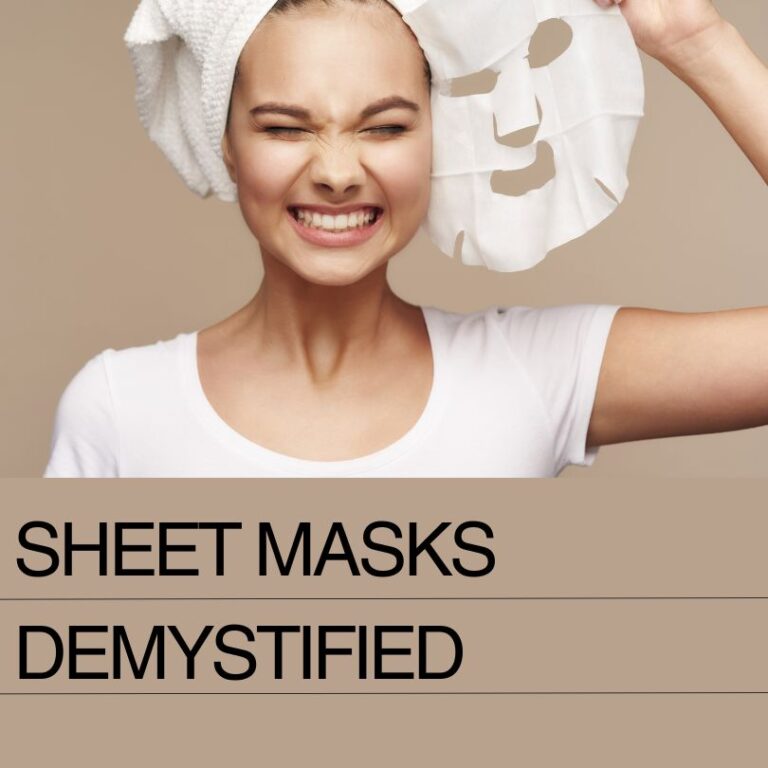
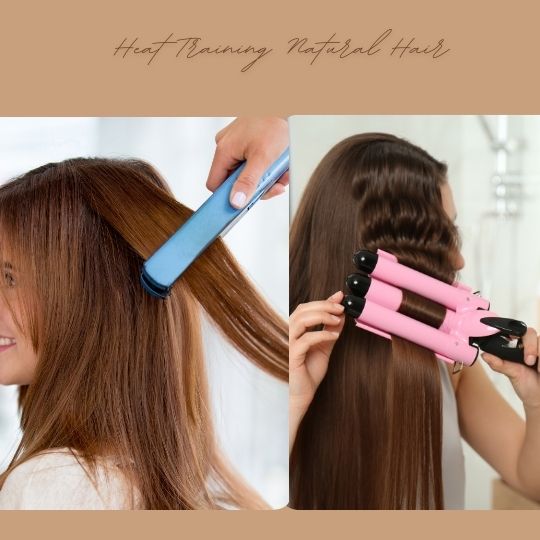
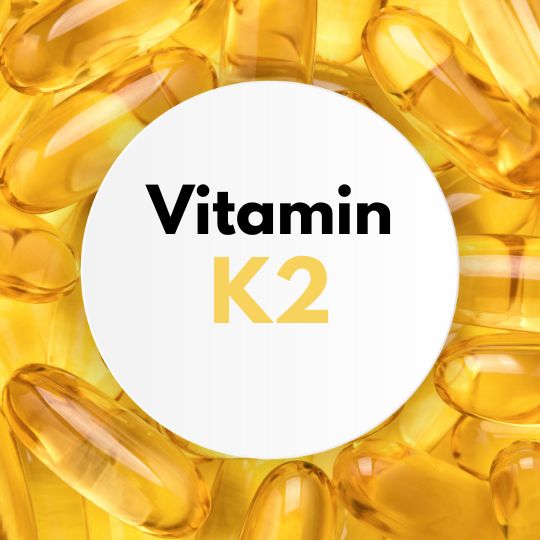
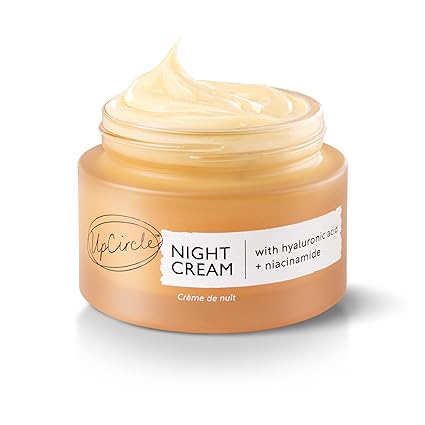
One Response
Great article! I really appreciate the clear and detailed insights you’ve provided on this topic. It’s always refreshing to read content that breaks things down so well, making it easy for readers to grasp even complex ideas. I also found the practical tips you’ve shared to be very helpful. Looking forward to more informative posts like this! Keep up the good work!